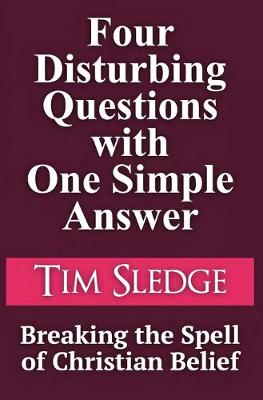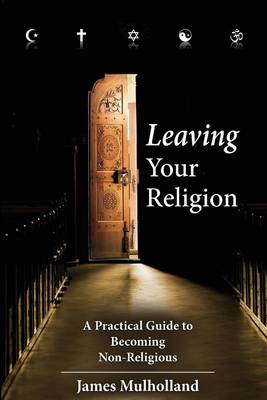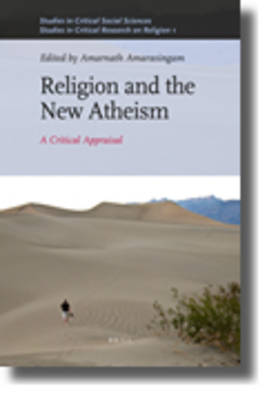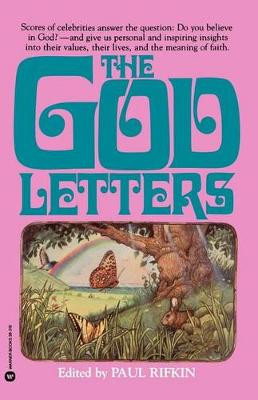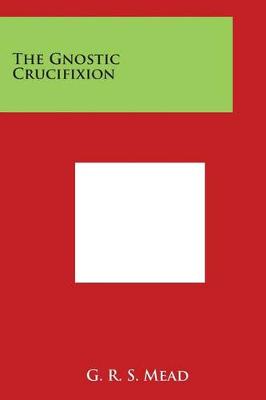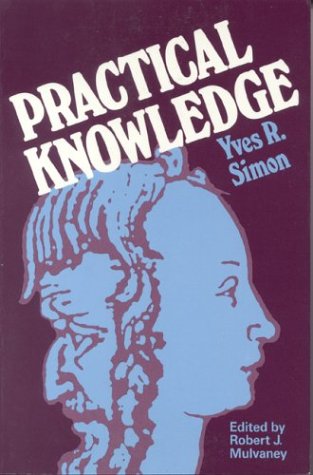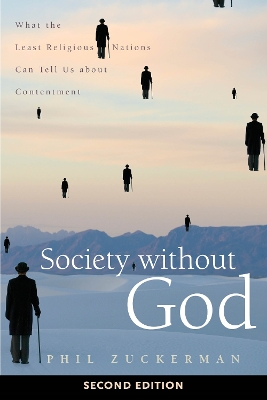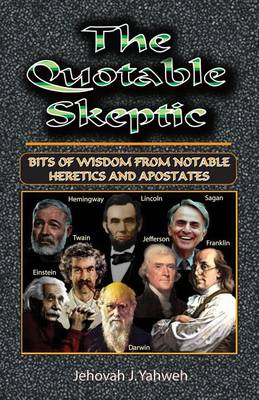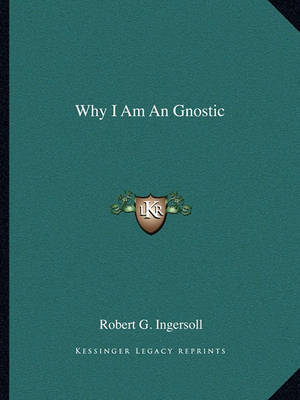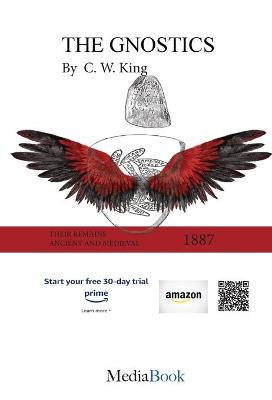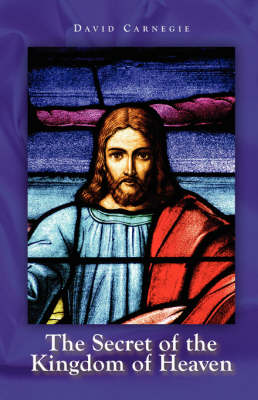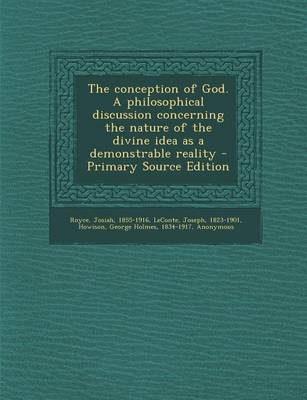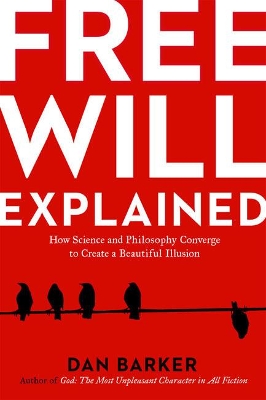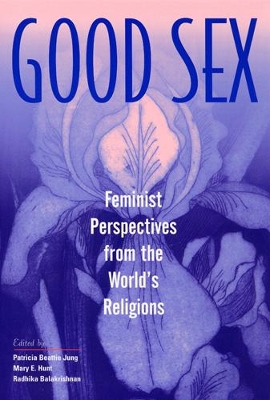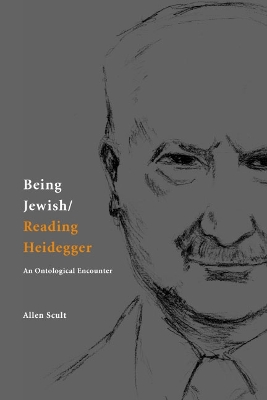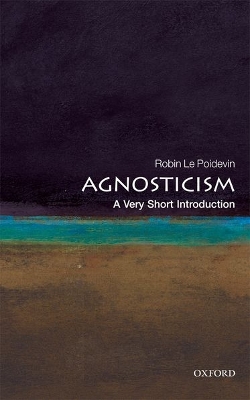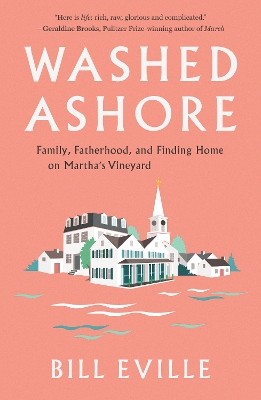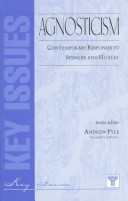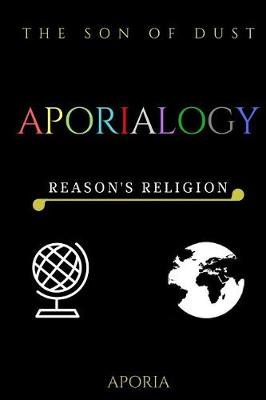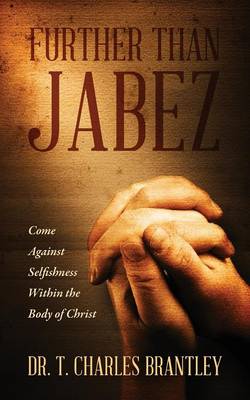The term "new atheism" has been given to the recent barrage of bestselling books written by Richard Dawkins, Sam Harris, Daniel Dennett, Christopher Hitchens, and others. These books and their authors have had a significant media presence and have only grown in popularity over the years. This book brings together scholars from religious studies, science, sociology of religion, sociology of science, philosophy, and theology to engage the new atheism and place it in the context of broader scholarl...
Presents the response of nearly two hundred prominent figures to a question concerning their belief in God, and features the replies of Lee Iacocca, Roy Campanella, Joseph Papp, Gloria Steinem, Edward Koch, and Arthur C. Clarke
Yves R. Simon (1903-1961) was one of this century's greatest students of the virtue of practical wisdom. Simon's interest in this virtue ranged from ultimate theoretical and foundational concerns, such as the relationship between practical knowledge and science, to the most concrete and immediate questions regarding the role of practical wisdom in personal and social decision-making. These concerns occupied Simon from his earliest published writing to the final notes and correspondence he was wo...
An updated edition showcasing the social health of the least religious nations in the world Religious conservatives around the world often claim that a society without a strong foundation of faith would necessarily be an immoral one, bereft of ethics, values, and meaning. Indeed, the Christian Right in the United States has argued that a society without God would be hell on earth. In Society without God, Second Edition sociologist Phil Zuckerman challenges these claims. Drawing on fieldwork and...
Through an examination of Gregory's trinitarian theology in its historical context, the author reveals the importance of the concept of power - or dynamis. The text also illustrates how power served as a fundamental concept in Greek philosophy and medicine.
The Conception of God. a Philosophical Discussion Concerning the Nature of the Divine Idea as a Demonstrable Reality
by Josiah Royce, Joseph LeConte, and George Holmes Howison
Do we have free will? And if we don't, why do we feel as if we do? Popular author Dan Barker examines the way we make choices in this world through his original concept of "harmonic free will": a philosophy that acknowledges both the impersonal laws of cause and effect that govern our world, as well as our own independent volition-without ever seeing these two perspectives as contradictory.
Modern atheism is a further act in the ancient drama of Prometheus vs Zeus . This book argues that the antagonism is false, as proved by the "irony": in which atheism turns into antitheism, transferring divine qualities to Humanity. The drama is framed by the "classicla dilemma," a conflict of wills: Tyrant and Rebel. The Unbinding of Prometheus is traced through Western history, to the Enlightenment "death of God," both speculative (Hegel) and practical (Marx). Finally, four types of "idols" ar...
What is ""good sex"" in the globalized world of the twenty-first century? This volume brings together essays by feminist scholars from different religions and cultures to consider how women are redefining sexuality for the common good. The essays explore sexual and social restrictions on women; religiously and socially acceptable avenues of sexual expression; constructions of sexual identities; and attitudes toward women's sexual desires. How is sexual desire constructed within specific c...
Being Jewish/Reading Heidegger (Perspectives in Continental Philosophy)
by Allen Scult
This innovative book investigates "being Jewish” not as a sectarian religiosity but as a way of being-in-the-world particularly suited to understanding Heidegger's early phenomenology. At its core is an intimate engagement with “sacred texts,” which grounds “being Jewish” in a way of life constituted as a way of reading—a way of reading transmitted to succeeding generations as a passionate teaching. Allen Scult argues that Heidegger was similarly involved in a passionate attempt to introduce hi...
Agnosticism: A Very Short Introduction (Very Short Introductions)
by Robin le Poidevin
What is agnosticism? Is it just the 'don't know' position on God, or is there more to it than this? Is it a belief, or merely the absence of belief? Who were the first to call themselves 'agnostics'? These are just some of the questions that Robin Le Poidevin considers in this Very Short Introduction. He sets the philosophical case for agnosticism and explores it as a historical and cultural phenomenon. What emerges is a much more sophisticated, and much more interesting, attitude than a simpl...
The story of a man coming into his own by coming home. Since he was a boy, Bill Eville knew he wanted two things in life: to be a writer and a father. Being a minister’s husband had not been on this list, having left the church as a teenager as soon as his parents stopped making him go each Sunday. In Washed Ashore, Eville’s life changes when his wife Cathlin takes a job as the first female pastor of a 350-year-old church on Martha’s Vineyard, the island that was once home to generations of his...
Agnosticism (Key Issues S., #4)
The "Key Issues" series aims to make available the contemporary responses that met important books and debates on their first appearance. These take the form of journal articles, book extracts, public letters, sermons and pamphlets which provides an insight into the historical relevance and the social and political context in which a publication or particular topic emerged. Each volume brings together bring together some of the key responses to the works. Until the 19th century, thinkers who ent...
